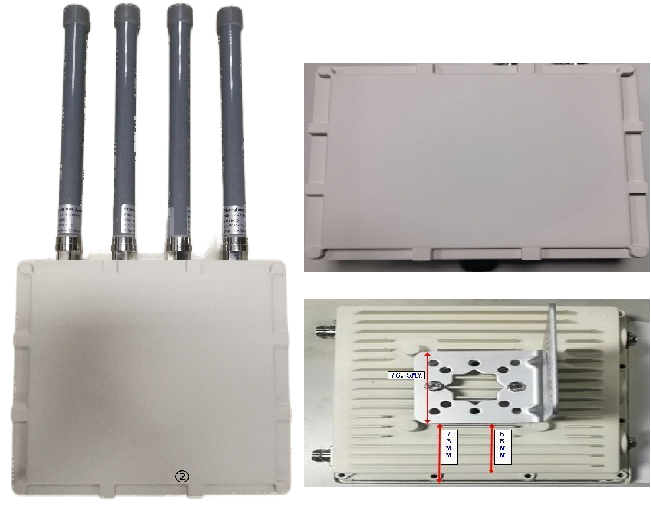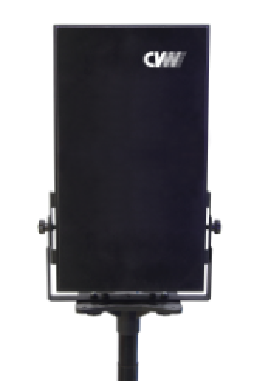Choosing the right construction machinery is crucial for any construction project. The right equipment can significantly impact the efficiency, productivity, and safety of the construction site. With a wide range of options available in the market, it can be overwhelming to make the right choice. In this article, we will discuss some key factors to consider when selecting construction machinery.
1. Project Requirements: The first step in choosing construction machinery is to assess the specific requirements of your project. Consider the type of construction work you will be undertaking, such as building construction, road construction, or excavation. Each type of project may require different machinery. Determine the size and scope of the project, the terrain, and any specific challenges you may encounter. This will help you identify the equipment needed to complete the project efficiently.
2. Equipment Versatility: Look for construction machinery that offers versatility. Opt for equipment that can perform multiple tasks, as this can save you time and money. For example, a backhoe loader can be used for excavation, loading, and lifting materials. Versatile machinery can also help you adapt to changing project requirements without the need for additional equipment.
3. Equipment Size and Capacity: Consider the size and capacity of the machinery you need. Larger equipment may be suitable for large-scale projects, while smaller machinery may be more appropriate for smaller projects or projects with limited access. Ensure that the equipment you choose can handle the workload and meet the project's demands. It is also essential to consider the equipment's weight and dimensions to ensure it can be transported to the construction site.
4. Equipment Performance and Efficiency: Evaluate the performance and efficiency of the construction machinery. Look for equipment that offers high productivity, reliability, and fuel efficiency. Consider the power, speed, and capacity of the machinery to ensure it can meet the project's requirements. Efficient machinery can help you complete the project on time and within budget.
5. Equipment Maintenance and Support: Maintenance and support are crucial aspects of construction machinery. Choose equipment from reputable manufacturers that offer reliable after-sales support and maintenance services. Regular maintenance and timely repairs can extend the lifespan of the machinery and minimize downtime. Additionally, consider the availability of spare parts and the ease of obtaining them.
6. Safety Features: Safety should be a top priority when selecting construction machinery. Look for equipment that incorporates safety features such as rollover protection systems, backup alarms, and ergonomic designs. Ensure that the machinery meets all safety standards and regulations. Prioritize the safety of your workers and the construction site to prevent accidents and injuries.
7. Cost Considerations: While cost should not be the sole determining factor, it is essential to consider your budget when choosing construction machinery. Compare prices from different suppliers and manufacturers to ensure you are getting the best value for your money. Consider the long-term costs, including maintenance, fuel consumption, and potential resale value. Remember that investing in high-quality machinery may be more cost-effective in the long run, as it can reduce downtime and repair costs.
8. Operator Training and Experience: Lastly, consider the training and experience of the operators who will be using the machinery. Ensure that they are adequately trained and certified to operate the equipment safely and efficiently. Some machinery may require specialized training, so factor in the time and resources needed to provide proper training to your operators.
In conclusion, choosing the right construction machinery requires careful consideration of project requirements, equipment versatility, size and capacity, performance and efficiency, maintenance and support, safety features, cost considerations, and operator training. By evaluating these factors, you can make an informed decision that will contribute to the success of your construction project.

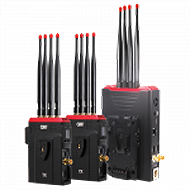 Multi-camera wireless video transmission
Multi-camera wireless video transmission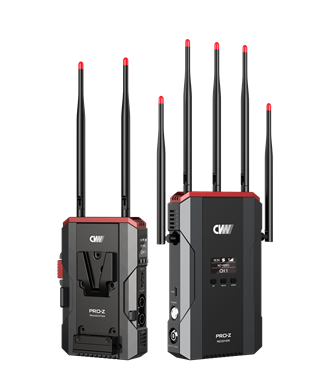 Zero Latency Wireless Video Transmission
Zero Latency Wireless Video Transmission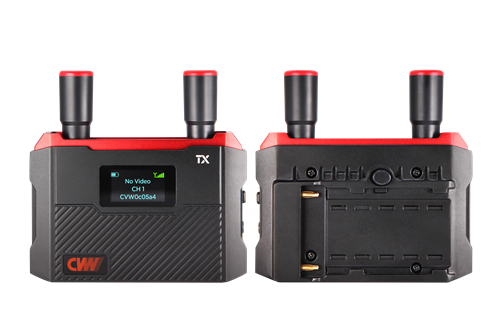
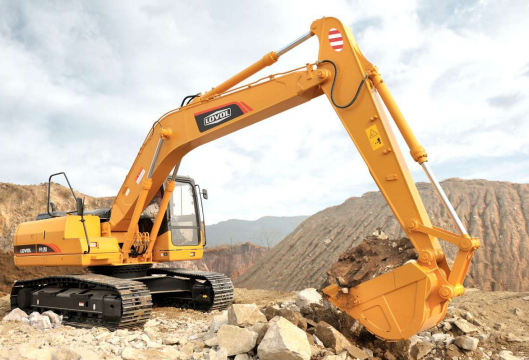 Designed for teleoperating the heavy equipment
Designed for teleoperating the heavy equipment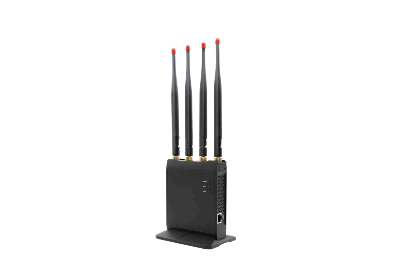 Wireless high-speed data transmission
Wireless high-speed data transmission